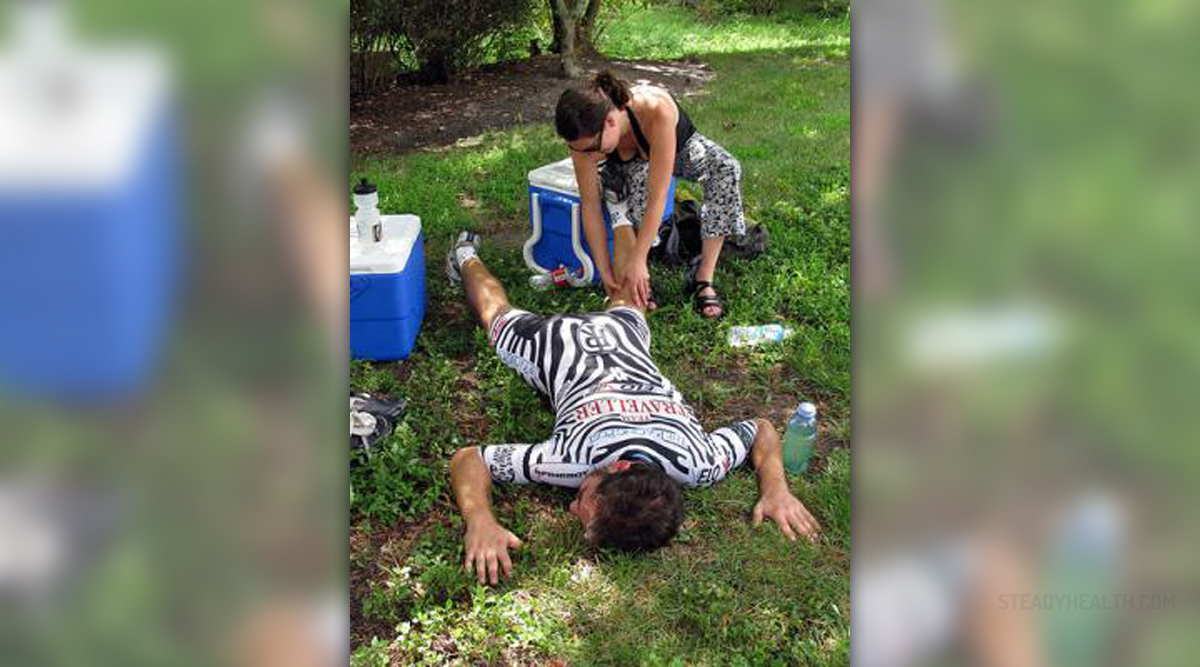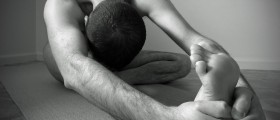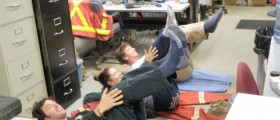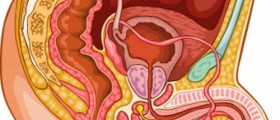
LegCramps while Sleeping
Involuntarymuscle contractions suffered while sleeping or resting can beextraordinarily uncomfortable or painful and may affect the musclesthe next day, causing them to be sore or stiff. Although there havebeen many studies into why these happen while sleeping, no conclusivereason has been found. However, there are a few factors that cancontribute to these occurrences, the most major of which beingdehydration. Dehydration robs the muscles of proper nutrients thatthey require for good functioning. Caffeine and alcohol typicallyexacerbate dehydration, as well as low levels of various essentialminerals like magnesium, potassium, sodium and calcium. Restrictedblood circulation can also be a contributing factor to cramping, ascan serious illnesses or drug abuse in rare situations.
Sometheories suggest that certain leg positions, such as the positionsthe legs are in in a typical sleeping position, are more conducive toleg cramps than other positions. Other possible causes include animbalance of salts in the blood, use of diuretic drugs andoverexertion of muscles.
How toPrevent Cramping
Crampswhile sleeping may affect anyone at all, although it is pregnantwomen and older people who typically display the factors explainedabove. A lifestyle change can help in some cases, since dehydrationand poor diet are common causes of nocturnal cramping. A balanceddiet and regular exercises are essential to maintaining one's healthin any case, and will definitely help prevent abnormal cramping.Training the leg muscles in ways that will strengthen them ratherthan strain them is beneficial in this case. Even using yoga orPilates as additional exercises will help limber up the muscles toprevent cramping.
Dealingwith Leg Cramps
Whenexperiencing a leg cramp, one must not remain lying down, but shouldrather stand up and exert pressure on the cramping limb, trying togently stretch the contracting muscle back out. Do not place too muchpressure on the muscle, as this can cause pain and possible muscledamage from tension. Changing one's sleeping position can help, aswell as certain stretching exercises designed to relax the legs.Massaging the affected muscle will help it to release the built uptension and relax.
Frequentleg cramps that are not helped by the above advice can be cause forconcern and should be taken to a medical professional as soon aspossible. The leg may potentially have become damaged in a certainway that led to cramping and this must be diagnosed and treated by aphysician before the problem worsens.

















Your thoughts on this
Loading...